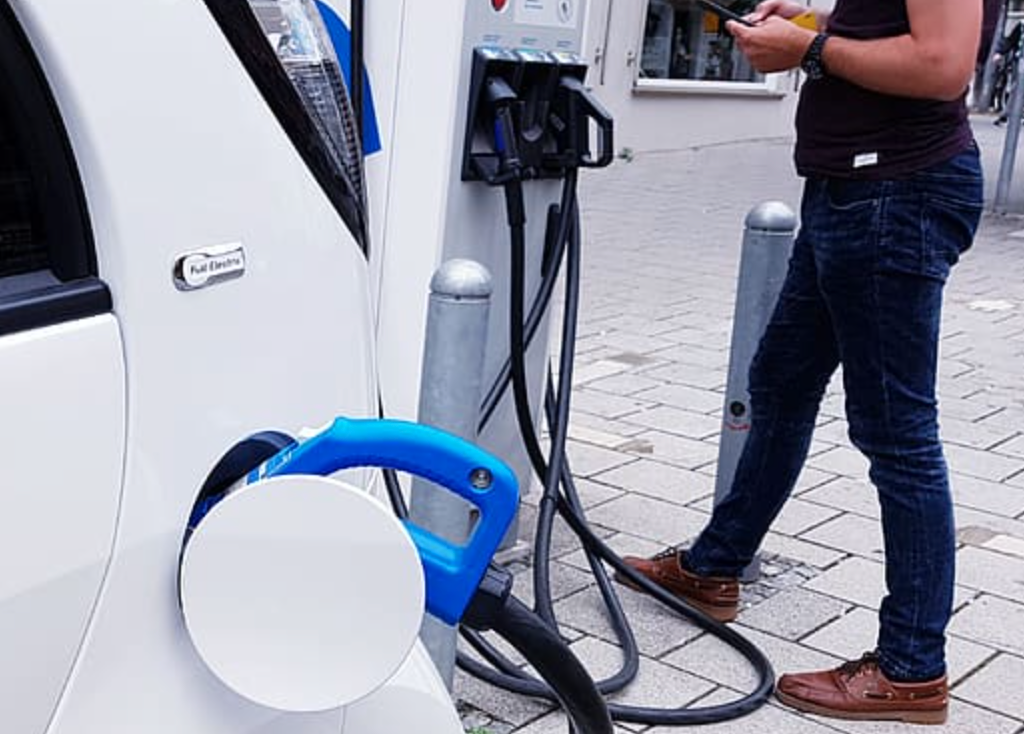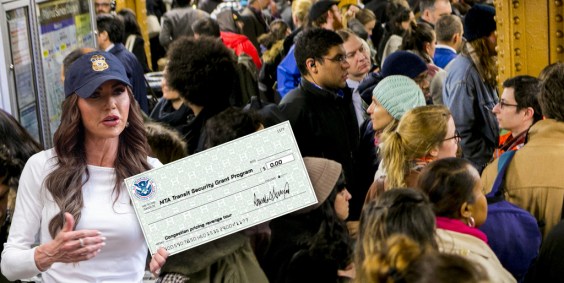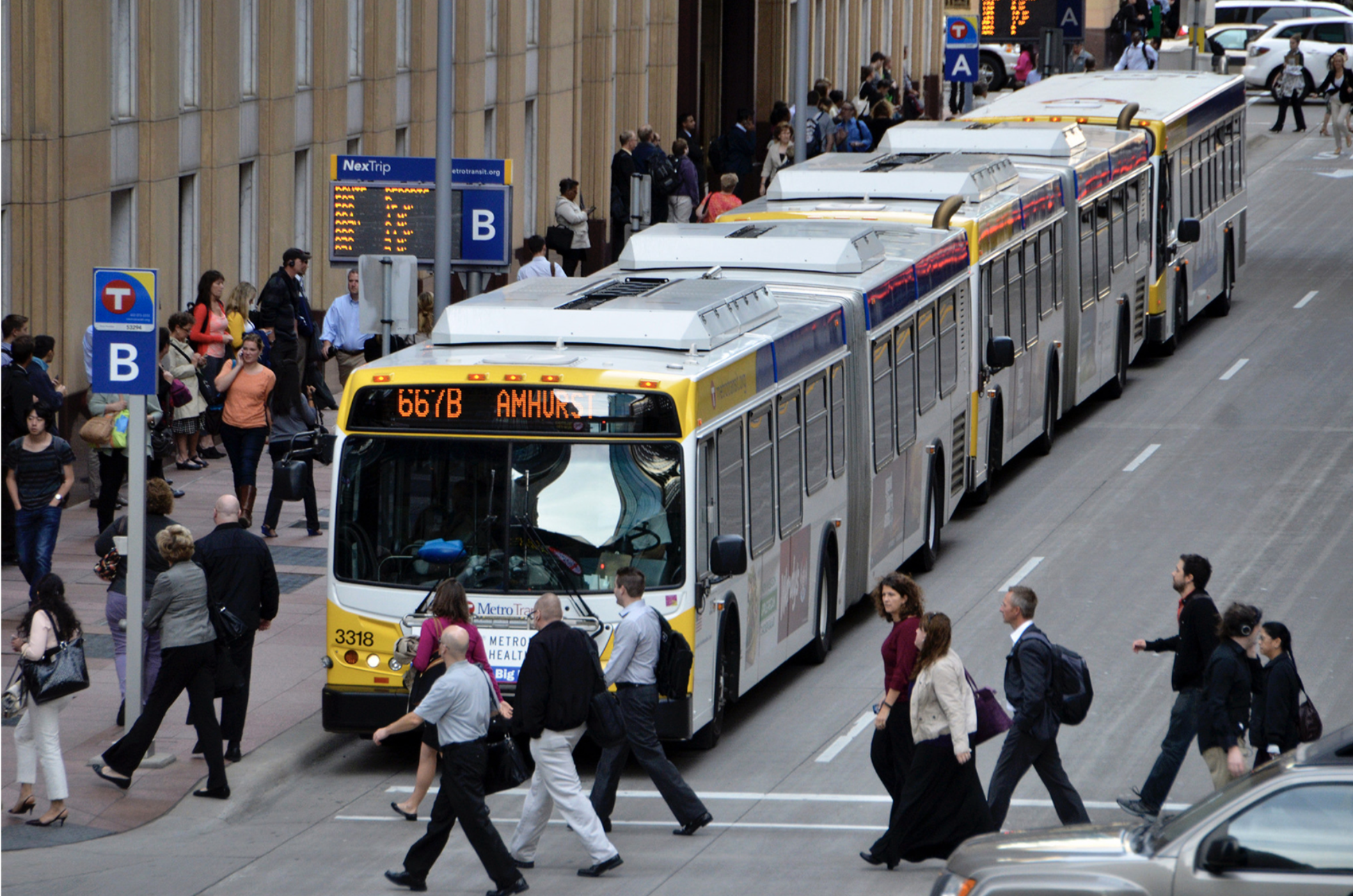Cross-posted from City Observatory
As Americans drive less and spend less on fuel, they have about $150 billion annually to spend in other ways.
There are two kinds of economics: macroeconomics, which deals in big national and global quantities, like gross domestic product, and microeconomics, which focuses on a smaller scale, like how the prices of specific products change. Macroeconomics gets all the attention in the news cycle, as people talk about the unemployment rate, the money supply, inflation, and the monthly payroll reports. Micro-economists usually labor in obscure corners, studying things like commodity prices, wage rates, and industry trends.
The President’s Council of Economic Advisers (CEA) is the nation’s leading group of economists, focused heavily on understanding and explaining big macroeconomic trends.
A new CEA report, “The Surprising Decline in U.S. Petroleum Consumption,” highlights an important decades-in-the-making trend in the U.S. economy: we’re consuming a lot less oil that everyone thought we would. Obviously, oil consumption is a big deal in the macro economy. Oil imports are the biggest factor in the nation’s long running balance of trade deficit (we imported 2.7 billion barrels of oil in 2014, at an average cost of $91), and from the first energy crisis of the early 1970s onward, there’s been a strong recognition of the critical role that oil supplies and oil prices played in shaping global and national economic conditions.
While all of the models constructed by the experts, including the Energy Information Administration at the Department of Energy, predicted that U.S. petroleum consumption would grow from 18 to 30 million barrels per day between 1970 and 2030, something very different is happening: U.S. oil consumption has leveled off at about 21 million barrels per day. Even though population is increasing, and the economy is still growing, petroleum consumption has been essentially flat.
What’s keeping consumption down? According to the CEA analysis, transportation explains 80-90 percent of the trend. While industrial, commercial, and residential energy use have generally followed predictions, energy use for transportation is far below where it was predicted.
And within transportation, the big savings have come from a surprising source. While many people focus on improved fuel efficiency of cars, that actually turns out to be a negligible factor in cutting energy use. Better gas mileage accounts for only about 15 percent of the difference in 2014. The big factor is that Americans are driving less: vehicle miles traveled are far below projected levels.
Clearly, a combination of demographic, technological, social, and price factors are at work. The big run up in gas prices after 2004 has played a role in reducing driving (and prompting people to buy more fuel-efficient vehicles).
This highlights a couple of things. For one, simple-minded projections based on past relationships are likely to be wrong. Big demographic changes, and shifts in tastes (toward urban living, and away from time spent driving) can dramatically change
And, as the CEA report signals, these have big macroeconomic effects. The decline in petroleum consumption dramatically improves our international trade position compared to what was projected, and means U.S. consumers have about $150 billion annually to spend in the American economy (and their local economies) than if they drove more.
Although CEA characterizes the decline in petroleum consumption as surprising, for those of us who have been following the microeconomics of demand for transportation closely for the past decade, this is old news. But it’s also big news that bodes so well for the macroeconomy and the environment.





